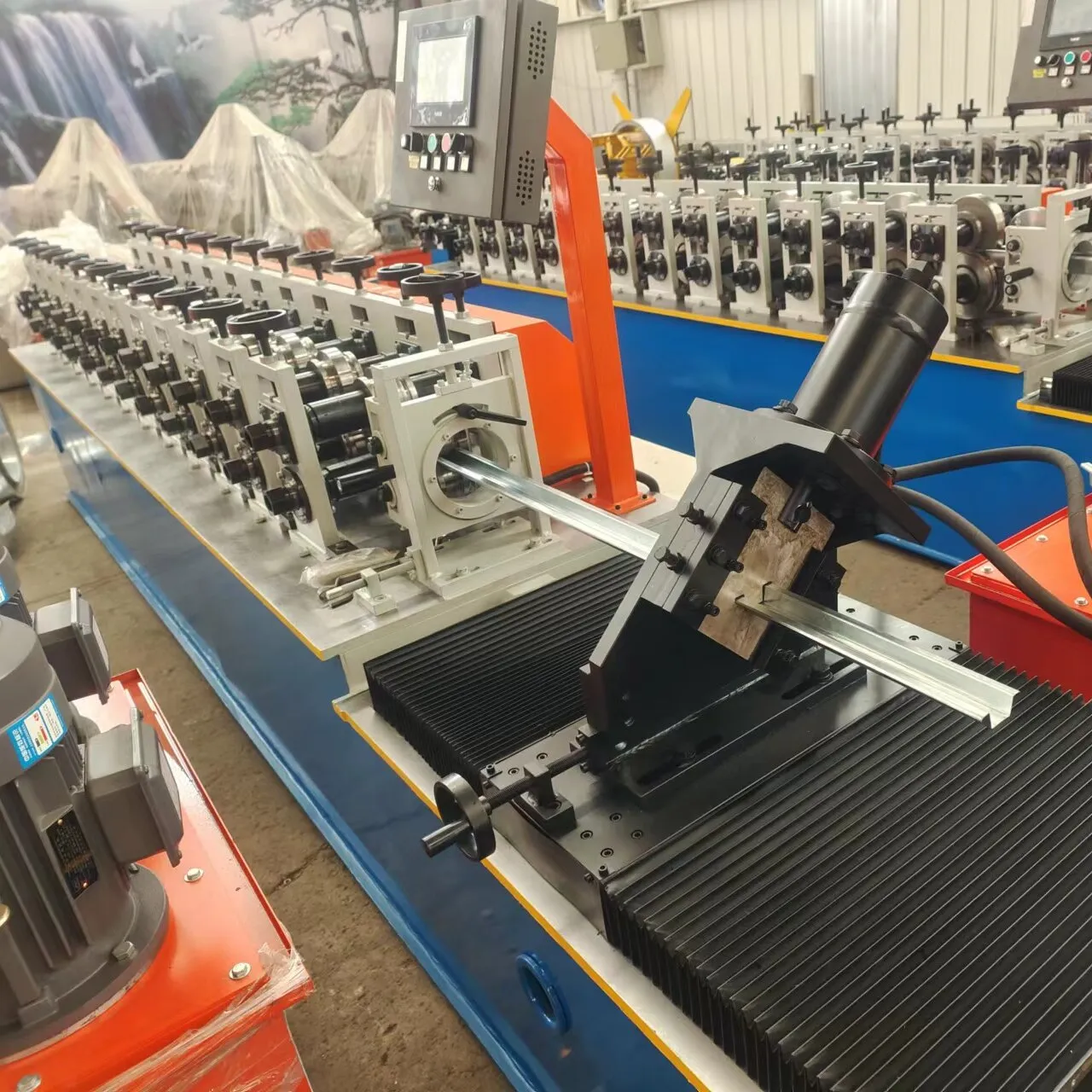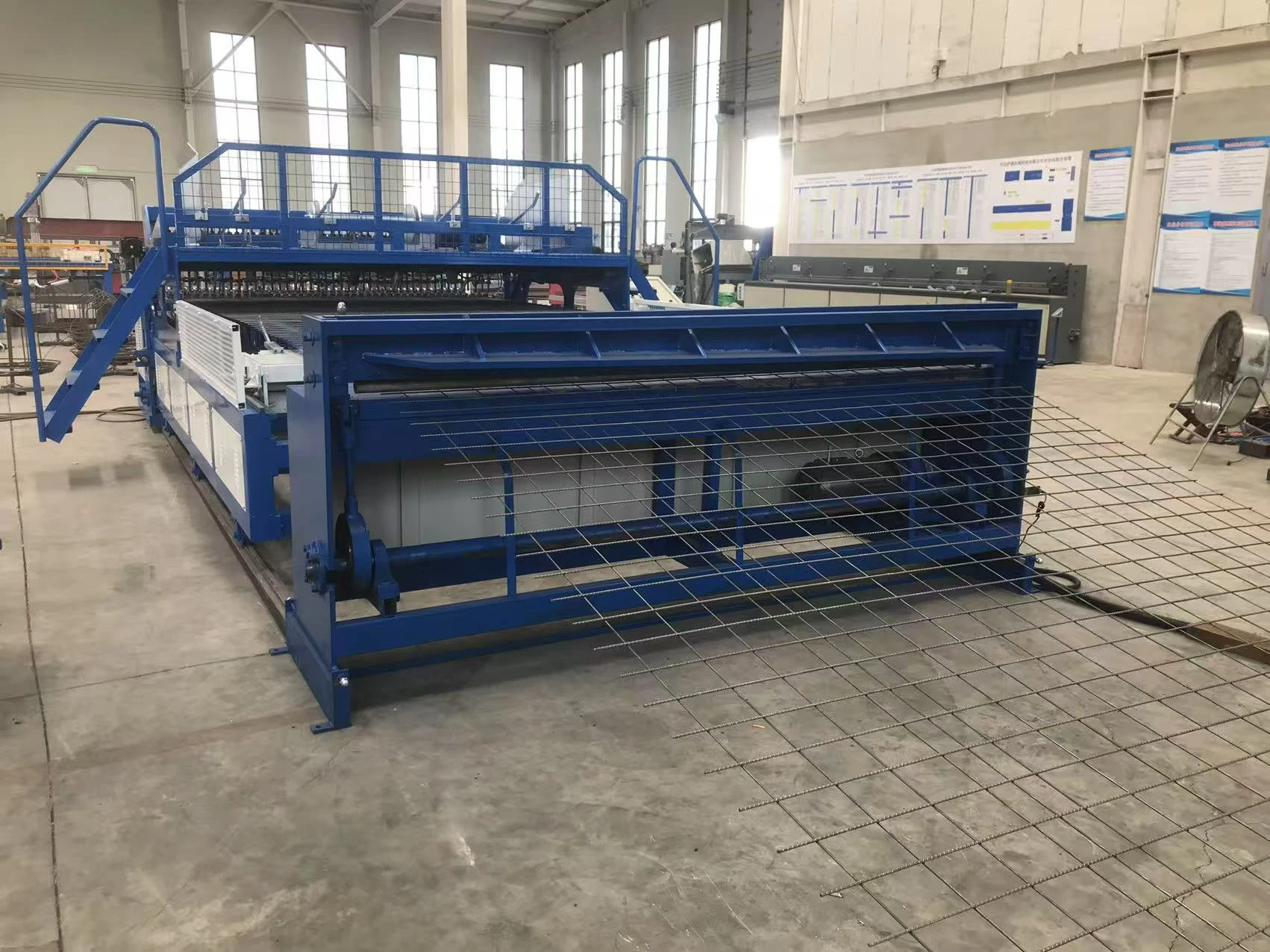Premium Stainless Steel Pipe Mills for High-Precision Tube Production Advanced Stainless Tube Mills Manufacturer
- Introduction to the Stainless Steel Pipe Mills Industry
- Technological Advancements Driving Efficiency
- Comparative Analysis: Key Manufacturers & Data-Driven Insights
- Customization Capabilities & Tailored Solutions
- Application Case Studies in Demanding Industries
- Future Trends and Sustainability Initiatives
- Conclusion: Strategic Value of Stainless Steel Pipe Mills

(stainless steel pipe mills)
Introduction to Stainless Steel Pipe Mills: Market Scope and Impact
The global industrial sector has witnessed rapid growth in stainless steel pipe mills
over the past two decades, with stainless steel pipe mills forming the critical infrastructure backbone of petrochemical, food processing, water treatment, and construction industries. According to industry reports, the market size for stainless steel pipes exceeded USD 36 billion in 2023, with a projected compound annual growth rate (CAGR) of 5.4% from 2024 to 2030. This expansion is driven by increasing demands for corrosion-resistant, durable, and hygienic material solutions, attributes inherent to stainless steel. As downstream industries pivot towards stricter standards and enhanced performance, manufacturers focus on high-output, energy-efficient tube mills that deliver both quality and volume to global clients.
Technological Advancements Driving Efficiency and Precision
Modern stainless steel tube mills leverage cutting-edge automation, artificial intelligence, and sensor-based quality control systems to optimize production processes. Newer generations of mills incorporate programmable logic controllers (PLC), automatic weld bead rolling, inline eddy current testing, and high-frequency induction welding technologies, elevating the final product's mechanical and surface integrity. In addition, integration with Industrial Internet of Things (IIoT) platforms allows real-time production monitoring, predictive maintenance, and energy optimization. A notable advancement is the introduction of laser seam tracking during welding, which can increase throughput by up to 15% and reduce material waste by 8%. According to a 2023 study, automated mills have decreased downtime by 20% when compared to conventional setups, highlighting tangible productivity and cost benefits for end-users.
Comparative Analysis: Key Manufacturers & Data-Driven Insights
Selecting the right partner among top stainless tube mills providers is a strategic decision impacting both upfront investment and long-term operational reliability. Consider the comparative data below, which profiles three leading global manufacturers based on critical metrics, including production capacity, product diameter range, automation level, energy efficiency, and after-sales support:
| Manufacturer | Annual Capacity (tons) | Product Diameter Range (mm) | Automation Integration | Energy Use (kWh/ton) | After-Sales Support |
|---|---|---|---|---|---|
| MillTech Stainless | 120,000 | 10 - 508 | Fully Automated (AI-Controlled) | 320 | 24/7 Global Response |
| PrimeTube International | 95,000 | 12 - 406 | Semi-Automated | 410 | Regional Hubs |
| Stainless Formers Inc. | 75,000 | 16 - 355 | Manual + PLC Segment | 470 | Email/Phone Support |
The data highlights the clear efficiency and scope advantages of fully automated mill setups, with MillTech Stainless standing out for both scale and technologically advanced delivery. Additionally, after-sales services such as round-the-clock response contribute significantly to sustained plant performance and client trust.
Customization Capabilities & Tailored Solutions
As the stainless steel pipe and tube market diversifies across sectors including pharmaceutical, energy, and infrastructure, the ability to customize solutions becomes pivotal. Customization typically spans tube diameter, wall thickness, surface finish, and alloy composition. State-of-the-art stainless steel pipe mills now offer modular forming units, variable-speed drives, and rapid tool-shifting systems optimized through computer-aided design (CAD). This flexibility enables the production of both standard and boutique specifications with minimal lead times. An example includes the provision for nuclear-grade piping requiring precision tolerances within ±0.05 mm and electropolished interiors—a specification increasingly demanded in ultra-clean applications. Over 60% of surveyed industrial buyers in 2023 indicated that the ability to deliver tailored pipe mill solutions ranked as one of the top three factors influencing their purchasing decisions.
Application Case Studies in Demanding Industries
Real-world application underscores the value proposition of advanced stainless steel tube mills. In the oil & gas sector, a leading pipeline EPC (Engineering, Procurement, and Construction) utilized custom-fabricated 316L stainless steel pipes produced on high-frequency induction mills, reducing field weld repairs by 35% over previous projects. In a separate case, a European pharmaceutical water treatment facility deployed hygienic-grade tubes formed and bead-rolled in an automated cleanroom facility, improving process uptime by 22%. The food and beverage industry, subjected to aggressive CIP (Clean-in-Place) regimes, relies on electropolished tubing from next-generation mills, reporting bacterial retention rates <0.5 CFU/cm² after 18 months of service. These examples illustrate not only technical capabilities but also the tangible operational and regulatory benefits realized by end-users when investing in advanced tube mill technologies.
Future Trends and Sustainability Initiatives
The future trajectory for stainless steel pipe mills is shaped by both technological innovation and sustainability imperatives. With global carbon reduction targets intensifying, mills are focusing on implementing regenerative drives, energy recovery during welding, and smart water management systems to minimize resource consumption. Some leading manufacturers have reported process energy reductions of up to 18% through green retrofitting programs. Digital twins and advanced analytics further facilitate the virtual modeling of mill operations, streamlining process improvement and minimizing environmental impact. Materials research is also yielding low-nickel, high-strength stainless alloys that reduce the carbon footprint of production without sacrificing mechanical performance. The convergence of digital transformation and eco-efficient design will define competitive leadership in the coming decade.
Conclusion: Strategic Value of Stainless Steel Pipe Mills
Investing in high-performance stainless steel pipe mills delivers measurable returns in quality, efficiency, and product reliability across various industries. As demonstrated by technological advancements, comprehensive data analyses, and case-based outcomes, selecting a partner equipped with the latest automation, robust customization capabilities, and proactive after-sales support ensures not only short-term production gains but also long-term strategic advantage in a competitive and sustainability-driven marketplace. The ongoing evolution of these mills, guided by innovation and market needs, positions them as vital contributors to a resilient and future-ready industrial landscape.

(stainless steel pipe mills)
